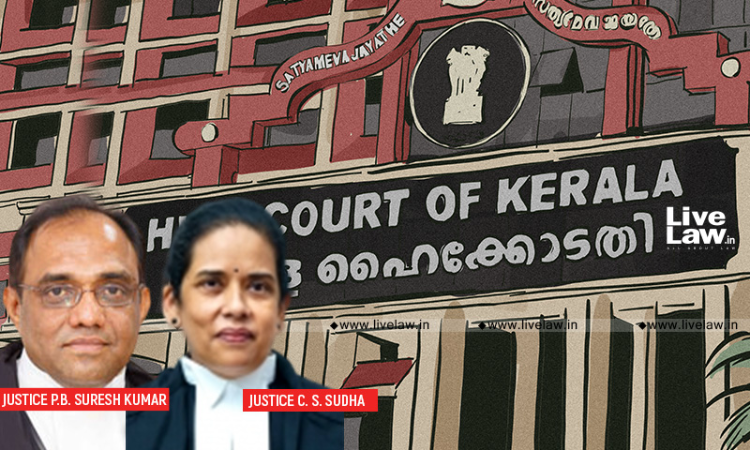No Compensation U/S 73, 74 Contract Act For Mere Breach Of Contract Without Actual Loss/ Damage : Kerala High Court
Hannah M Varghese
8 March 2022 9:28 AM IST

Next Story
8 March 2022 9:28 AM IST
The Kerala High Court has recently ruled that in the case of a breach of contract, no compensation can be granted under Sections 73 and 74 of the Indian Contract Act unless such breach resulted in an actual loss or damage to the opposite party. A Division Bench of Justice P.B. Suresh Kumar and Justice C.S. Sudha opined that the words 'loss or damage' would necessarily indicate that the party...
